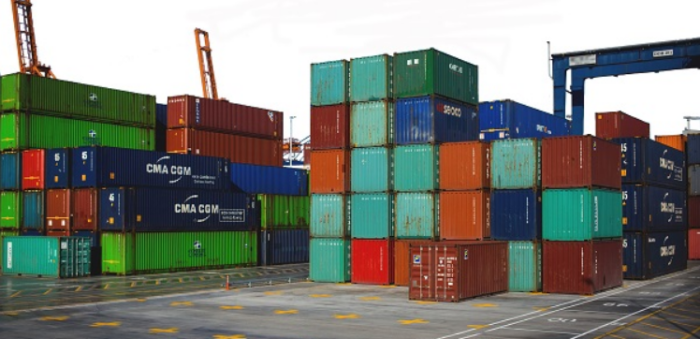A new report called ‘Prospects for Trade and Britain’s Maritime Ports’, by Policy Exchange, says that about £570 billion in trade passes through Britain’s sea ports; an amount that after Brexit is likely to increase. This enables UK ports to reap the rewards of growing trade flows in and out of the UK.
Trade in Britain’s ports is positive outside the EU, when they will be free to make new trade deals with the rest of the world. The report also suggests that predictions of long queues at customs are not handled correctly, as only 1.5% to 2% of non-EU goods imports into the UK are subject to customs checks and 80% of these are on health grounds, such as food hygiene and quality standards.
[smlsubform prepend=”GET THE SAFETY4SEA IN YOUR INBOX!” showname=false emailtxt=”” emailholder=”Enter your email address” showsubmit=true submittxt=”Submit” jsthanks=false thankyou=”Thank you for subscribing to our mailing list”]
The main points of the report can be summarized as following:
- Customs clearance should be faster wherever possible by adopting advance clearance and ‘trusted trader’ schemes like the Authorised Economic Operator scheme.
- The successful introduction of the new Customs Declaration Service (CDS) must be a priority. The UK Government, through HMRC, should make sure that enough resources are available for this changeover.
- The UK should seek an agreement with the EU on trade in animal and plant products, mutually recognising health and safety standards.
- Free ports should be considered but on the narrow definition where all import tariffs are removed but generous tax breaks and subsidies are excluded – although free ports would not be necessary if the UK were to adopt a policy of unilateral free trade after Brexit.
Michael Taylor, Policy Exchange’s Economics Research Fellow, mentioned:
The biggest risk to global trade is increased protectionism – not Brexit. If the UK becomes a global champion of free trade after Brexit, our competitive private ports sector is well placed to make the most of the resulting opportunities.
British Ports Association’s Chief Executive, Richard Ballantyne responded to the report, saying that despite the fact that port are indeed vital to trade, Brexit will create a short term economic shock.
Thus:
It will be important to provide ports with the right regulatory environment to help them progress in the post-Brexit era and supporting the expansion of our global trade opportunities.
See more information in the PDF herebelow































































